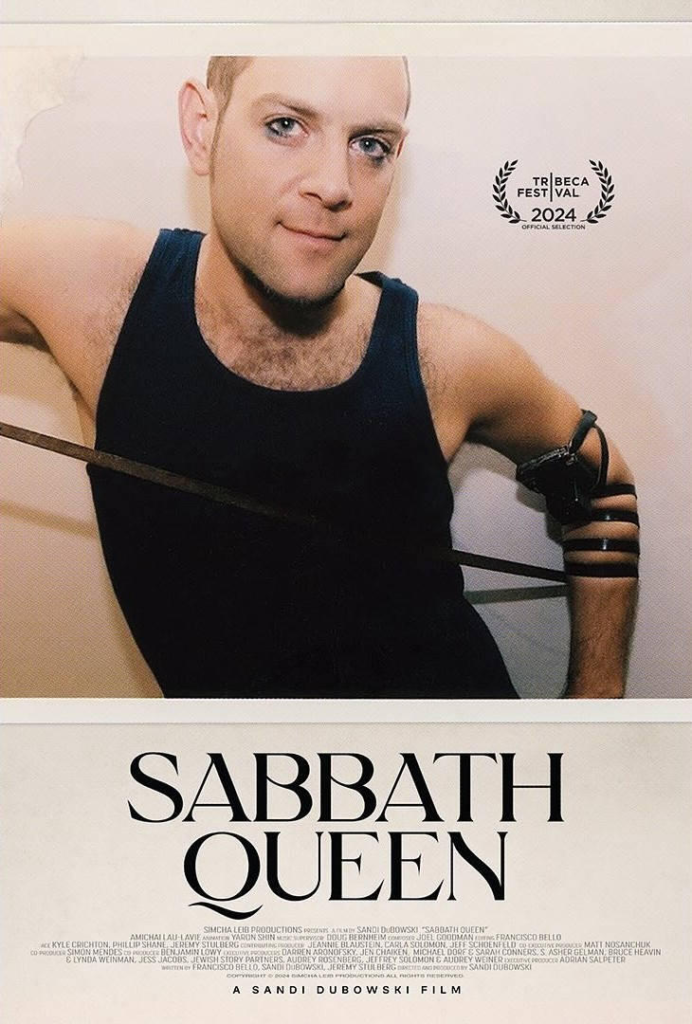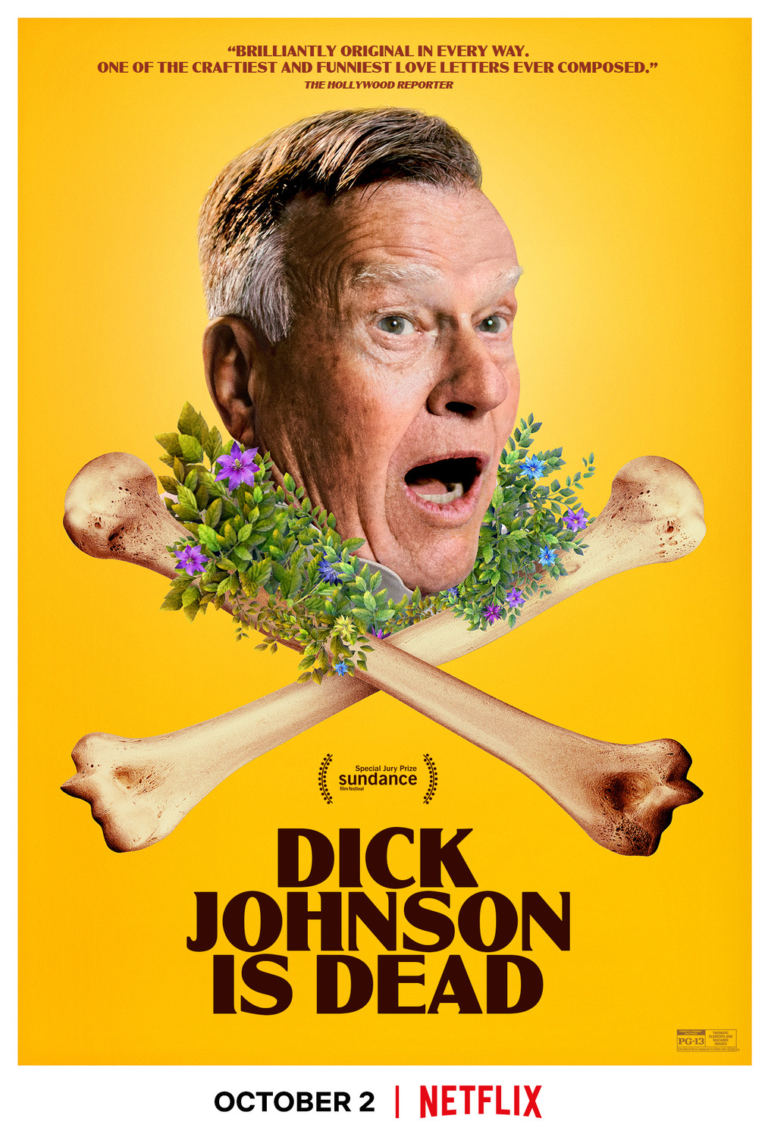Sabbath Queen Christian Review

Sabbath is supposed to mean peace. Rest. A retreat from chaos and noise, a way to center yourself in something larger. But Marc DuBowski’s Sabbath Queen takes the idea of Sabbath and flips it on its head. Peace? No, this film isn’t about peace. It’s about friction. Not the kind that tears things apart, but the kind that sparks something alive—raw, uncomfortable, deeply human friction.
When the lights came back on after the credits rolled, I wasn’t entirely sure what I felt. It wasn’t clarity, that’s for sure. The movie left me tangled in its questions, like a sweater snagged on a nail. And maybe that’s exactly what it wanted.
Who Are You Without the Labels?
Amichai. That’s the name you’ll remember from Sabbath Queen, though not for the reasons you might expect. He isn’t a hero, not in the traditional sense, and he isn’t a villain either. He’s a figure. A symbol. A person tangled up in expectations—his, others’, God’s maybe. And that’s part of what makes this film so striking.
DuBowski doesn’t give us Amichai the person; he gives us Amichai the question mark. Who are you if the roles you’ve been assigned—Orthodox, Jewish, male, faithful—start to feel like a costume you didn’t choose? This question threads through the film like a loose stitch, never tied off neatly, never resolved.
For Christians watching this, there’s an immediate point of connection. Who hasn’t felt the weight of labels? “Christian,” “conservative,” “progressive,” “evangelical.” How often do we let these words define us more than our identity in Christ? And when those labels start to chafe, what do we do? Do we cast them off entirely? Or do we try to reshape them into something that fits?
Amichai’s story doesn’t give easy answers, but it holds up a mirror. The face looking back isn’t just his—it’s ours.
Tradition Versus Transformation
There’s a word you’ll hear a lot in Sabbath Queen: “divide.” Between liberal and Orthodox Judaism, between men and women, between chosen family and bloodlines. It’s a painful word, heavy with history and emotion, but DuBowski doesn’t shy away from it.
The film lays bare the tension between those who cling to tradition as an anchor and those who see it as a chain. On one side, you have the Orthodox, steadfast in their belief that God’s laws are eternal and unchanging. On the other, reformists who argue that faith must evolve to meet the needs of an ever-changing world.
It’s not hard to draw parallels to Christianity here. Think of the debates raging in churches today—about gender roles, sexuality, social justice. Tradition versus transformation. Certainty versus openness.
What makes Sabbath Queen compelling, though, is its refusal to caricature either side. The Orthodox are not painted as rigid fanatics, nor are the progressives cast as rebellious upstarts. Both are shown as deeply earnest in their convictions, deeply wounded by the other’s refusal to bend.
A Tension That Hits Close to Home
Watching this as a Christian, I couldn’t help but feel the ache of familiarity. We too are grappling with divides that feel insurmountable. And like the Jews in this film, we often forget that these debates aren’t just intellectual—they’re personal.
DuBowski makes this painfully clear. When Amichai wrestles with his place in the Orthodox world, it’s not just about theology. It’s about belonging. Identity. Love. And when he finds himself drawn to reformist circles, it’s not because he’s rejected God—it’s because he’s searching for a version of faith that feels like home.
It’s a reminder that the lines we draw—between “us” and “them,” tradition and progress—are never as clean as we’d like. They cut through communities, families, even hearts.
Faith as a Tangle
If you’re expecting Sabbath Queen to give you answers, you’ll be disappointed. This is not a film that ties things up in a neat bow. It’s messy, like faith itself.
DuBowski leans into this messiness, using a fast-paced, fragmented style that mirrors the chaos of his subject. Archival footage blends with intimate interviews, cultural critique with personal confession. It’s overwhelming at times, but that feels intentional. Faith, after all, isn’t supposed to be tidy.
What the film does exceptionally well is capture the complexity of living in a world where the personal is always political. Amichai’s struggle isn’t just about his faith; it’s about what that faith means in a culture that is constantly shifting.
For Christians, this hits close to home. We too live in a world where the boundaries between personal belief and public identity are increasingly blurred. And like Amichai, we’re often left wondering: How do we stay true to our faith without losing ourselves?
The Limits of Symbolism
If there’s a flaw in Sabbath Queen, it’s that Amichai never quite becomes more than a symbol. DuBowski is so focused on the broader cultural implications of his story that he loses some of the intimacy that might have made it truly resonate.
As Christians, this feels like a missed opportunity. The Bible teaches us that God sees each of us as uniquely and wonderfully made, not just as representatives of a larger group. Amichai’s personal story is fascinating, but the film’s insistence on keeping him at arm’s length makes it harder to connect with him on a human level.
The Power of Dialogue
One of the film’s most powerful moments comes when opposing voices meet—not to fight, but to talk. These scenes of dialogue, fraught though they are, offer a glimmer of hope. They remind us that even in the midst of division, there is space for understanding.
As Christians, we are called to be peacemakers, to bridge divides rather than deepen them. Sabbath Queen challenges us to take that call seriously, even when it’s uncomfortable, even when it feels impossible.
Final Reflections
By the time the film ends, you don’t feel resolved. You feel unsettled, as if the questions it raises have burrowed under your skin. And maybe that’s the point.
Sabbath Queen isn’t a film that tells you what to think—it’s a film that asks you to think. To wrestle. To sit with the tension between who you are, who you’ve been, and who you’re becoming.
For Christians, it’s a reminder of the importance of holding space for questions without losing sight of the answers we find in Christ. It’s a call to engage with the world thoughtfully, humbly, and with a heart open to both truth and grace.
Rating: 8/10
This isn’t a perfect film, but it’s an important one. It will challenge you, frustrate you, and maybe even inspire you. And in a world that often prioritizes certainty over curiosity, that’s no small thing.






